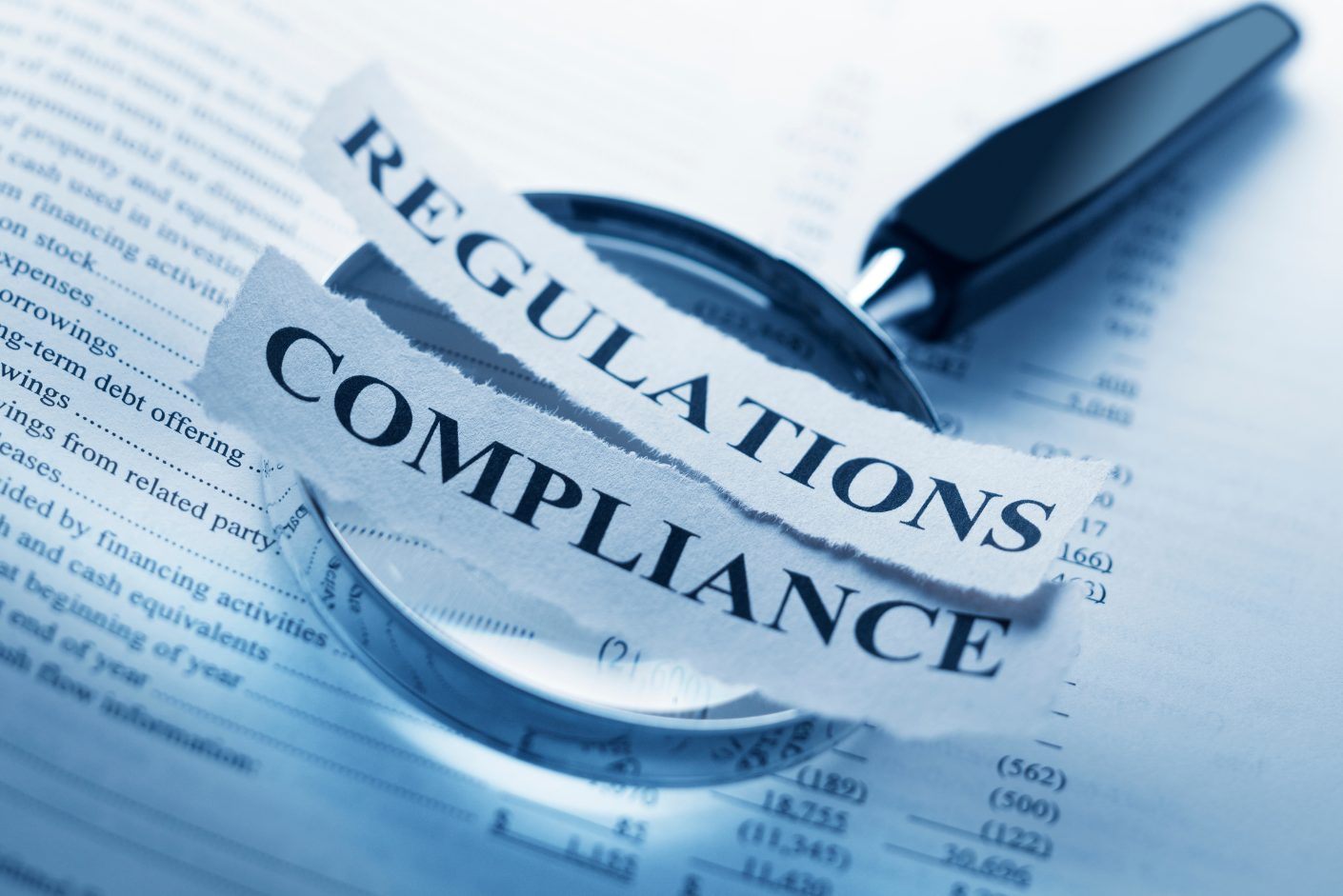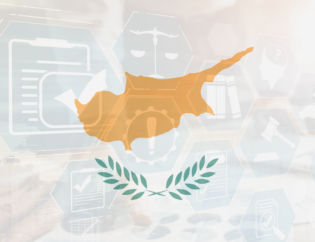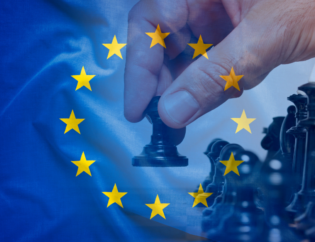
France's Crypto Regulation Overhaul in Alignment with MiCA
France is taking a decisive step towards modernizing its crypto landscape. Set to take effect from January 1, 2024, these changes are aimed at harmonizing the nation's crypto rules with the overarching pan-European framework established by Markets in Crypto-Assets (MiCA) which received the seal of approval from the European Parliament in April 2023. Anticipate a phased implementation of MiCA in 2024 and 2025, spread across three distinct stages.
The influential financial authority in France, the Autorité des Marchés Financiers (AMF), has unveiled its strategic vision for the enhancement of regulations pertaining to digital asset service providers (DASPs). This strategic announcement, made on August 10, is expected to shape the trajectory of the crypto landscape in the country.
At the heart of these changes is the idea of "enhanced" registration, which includes new requirements for crypto platforms. The addition of Article 721-1-2 to the AMF General Regulation shows how thorough these improvements are. They cover various aspects, such as better conflict of interest management, more detailed disclosure duties, keeping customer and platform assets separate, and a strong rule against using client assets without permission. These improvements are going to set higher standards for the industry.
As the calendar flips to January 1, 2024, these changes will be set in stone. Those aspiring for the enhanced DASP registration will need to stay attuned to these alterations to ensure compliance. However, an intriguing provision awaits those who secure their registration prior to this pivotal date. A "grandfather clause" will allow them to continue operating under the previous, more straightforward framework.
Portugal´s DLT Regulatory Developments
Meanwhile, Portugal is making its own strides in the world of blockchain and digital ledger technology (DLT). An important development has taken place with the enactment of Decree-Law No. 66/2023, on August 8. This decree enforces regulations pertaining to financial services in the country introducing a dynamic EU DLT pilot regime. Designed to offer greater legal certainty and flexibility for market participants interested in operating DLT-based market infrastructure, this pilot regime establishes a set of requirements for this purpose. With this forward-looking approach, Portugal is poised to foster innovation and provide an environment conducive to the growth of DLT initiatives within its borders. By embracing the actions to put the mentioned trial plan into effect and appointing the CMVM as the national authority responsible for overseeing the aspects connected to the trial plan, Portugal is setting the stage for the future.
Conclusion
Both France and Portugal are actively embracing change in the realms of crypto and blockchain technology. France's alignment with MiCA standards promises a more robust and transparent crypto ecosystem, while Portugal's DLT regulatory developments signifies the nation's commitment to nurturing technological advancement. As these changes unfold, the European landscape is witnessing a transformative evolution in the way digital assets are understood, regulated, and harnessed for the benefit of markets and consumers alike.
Ready to find out more?
Drop us a line today!








